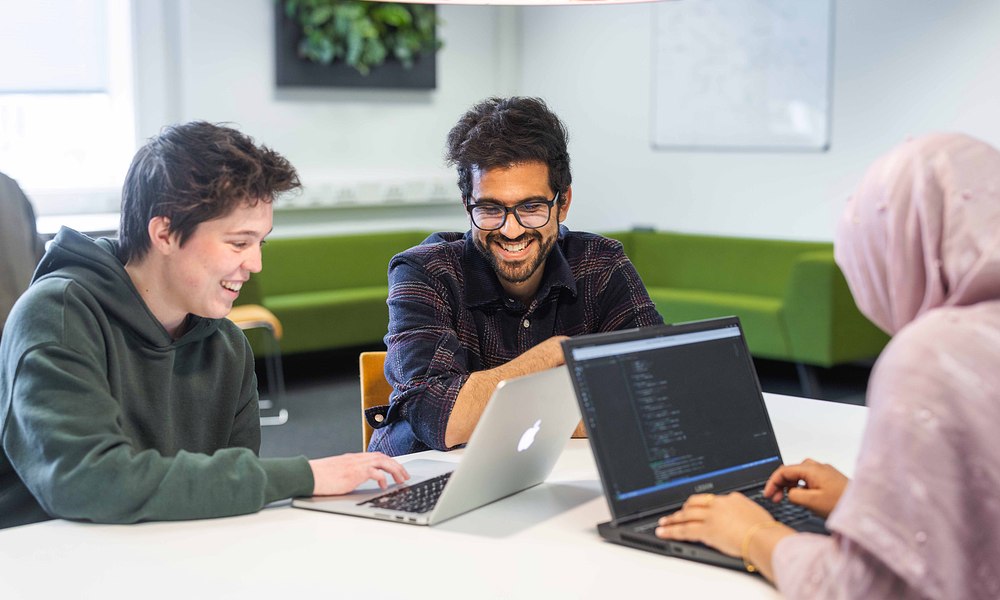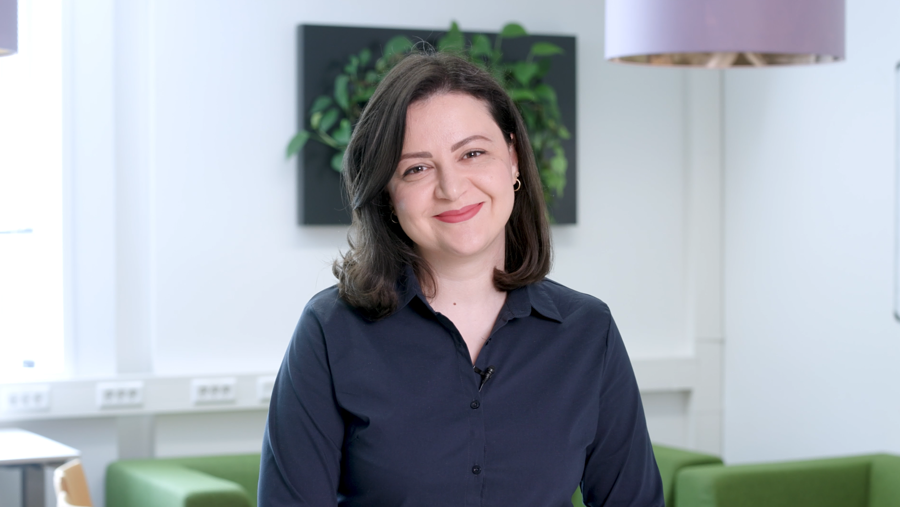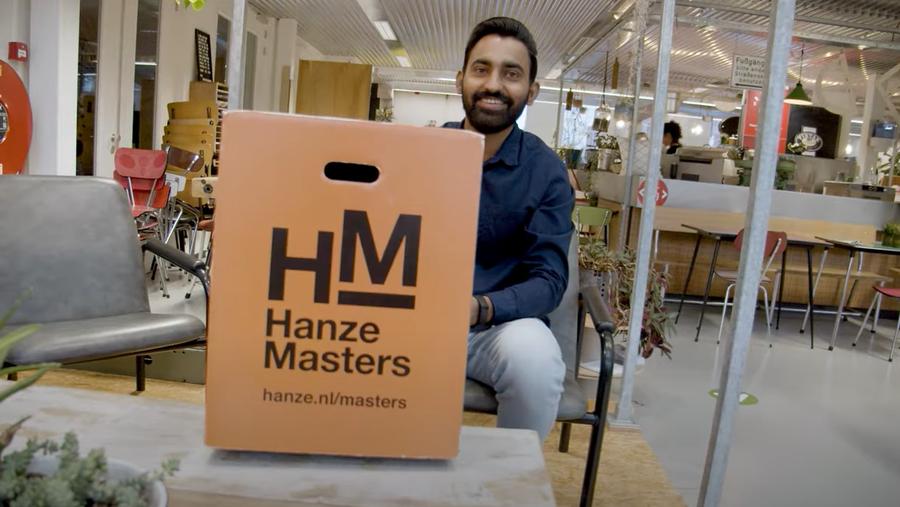Combine data science and life science and make a difference in the world
- Master
- Full-time
- 2 years
Combine data science and life science and make a difference in the world

Are you good at handling lots of data? Would you like to learn more programming techniques and apply them to bridge the gap between computer science and life sciences? After this master, you will possess the skills you need to facilitate and initiate innovations for life sciences, such as programming machine learning applications and managing data storage.
During your master’s, you will work on real-world projects that address societal and organisational challenges. Through hands-on research, you will create innovative solutions that make a difference. Curious what that looks like? Below are a few examples of our students' projects.
The Data Science for Life Sciences master’s programme is designed for students with a background in life sciences or IT who want to contribute to the fast-growing field of data science in the life sciences. The programme equips you with the skills to develop and implement AI-driven solutions, such as biomarker or biocide discovery, disease prediction in crops, automated tumour identification, and personalized medicine. You will learn to work with modern data processing technologies, write algorithms, and analyze complex health and omics data using Python and R.
This English-taught, interdisciplinary programme is practice-oriented and includes collaboration with companies and the University Medical Center Groningen (UMCG). By bridging life sciences and computer technology, you will be prepared to drive innovation in healthcare, agriculture, and biotechnology. The programme is open to students from all Life Science & Technology-related bachelor’s degrees and IT-students who want to expand their knowledge towards the life sciences. We train you to work as a professional data scientist, who is up to speed with new technologies and knows how and where to gather necessary information.

Students Gijs, Marjan and Romana answer questions about the master Data Science for Life Sciences and their preferences.
The master programme is divided into four semesters.
The first semesters of this programme focus on general skills in the field of data science, programming and life sciences. You will be introduced into the field and work through a project where you can directly apply what you have learnt. Besides these content-related subjects, you will also gain more professional and research skills.
The second and third semester are similar to the first. You build on the skills acquired and gradually progress on to more advanced programming and data science techniques. These semesters are also aimed at improving a wide range of skills, from content-related to more soft skills, which you will put into practice during large projects. In these projects, you can choose your own focus on a subject of your own interest.
In the last semester, you will undertake a graduation project within your specialisation. This final project is carried out independently and individually, usually at a company or research institute.
Curious about the courses you'll take each year? Check out the full overview here! More details about the courses can also be found in the Student Manual.

Student Sukhmandher Singh and teacher Tsjerk Wassenaar about the master Data Science for Life Sciences
Take the test to check wether you qualify.
For more information, check this site.
Provide us with documented proof of knowledge and skills in the disciplines of programming, data science and biology and proof of your English proficiency.
For more information, check this site.
The admission committee of the Master Data Science for Life Sciences will check your application and your provided documents. You will receive their findings via e-mail, and they will let you know when you are accepted directly into the program or whether you need to follow an additional course.
For more information, check this site.
Once you have received a letter of acceptance, you can finalize make your application final by paying the tuition fees filling out your payment details in www.studielink.nl. To know how much you need to pay, check this site. Non EU/EER students will have to transfer a financial guarantee with which the tuition fee will be paid for.
For more information on immigration, housing, the welcome day and more, check this site.
Enrolment Advisor
Zernikeplein 11, 9747 AS Groningen